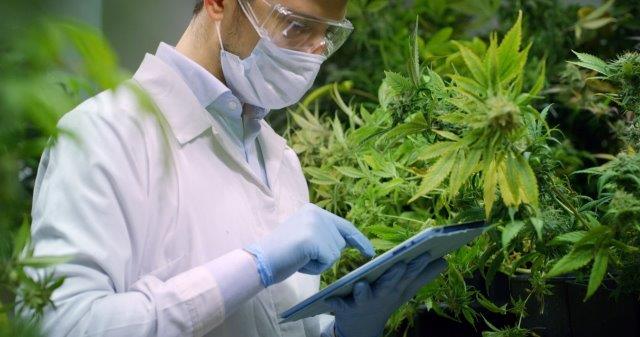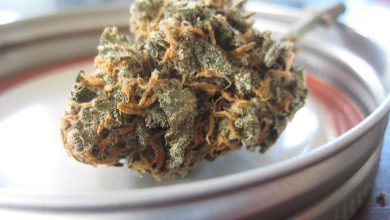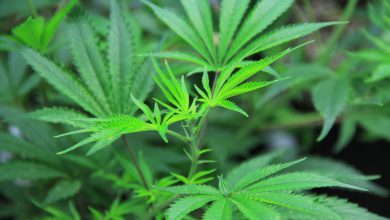The critical need for cannabis research and education
The mission of the scientific and academic research community must be to close this gap through intense and systematic study and training
Dr. Nirit Bernstein, Nirit@agri.gov.il , niritb@yvc.ac.il

senior researcher at volcani center, israel; and a member of the teaching staff at the yezreel valley college, at the ‘cannabis studies’ specialization undergraduate program
we lack science-based information about the cannabis plant and its medical effects. cannabis has a long history of human use, with evidence of its cultivation and utilization dating back thousands of years. its role varied depending on time and place, with uses ranging from medicinal and recreational, fiber production and for religious rituals. archeological evidence suggest use of fiber-type cannabis for rope production as early as 26,000 bc, and medical use in egypt 5000 years ago.
despite the extensive use by humanity of cannabis for medical purposes since ancient times, the scientific information available to us about this plant is very limited due to legal restrictions during the last decades.
research in medical cannabis, almost completely ceased in the early 1960s, due to the acceptance of the single convention on narcotic drugs in 1961, by most countries around the world. consequently, scientists and physicians were unable to study cannabis using modern techniques that have developed since the 60’s. this has resulted in a significant gap between the overwhelming desire today to use cannabis for medical purposes, and the lack of scientific and medical knowledge to make this usage effective, reliable and safe.
the mission of the scientific and academic research community must be to close this gap through intense and systematic study and training.
recent changes in regulation in israel, which was the first country in the world to create a legal framework for research in line with the international convention of 1961, have enabled the beginning of intense scientific research and development into all aspects of cultivation, medical usages, and related technologies.
this research strives to develop optimal, modernized, agro-hightech cultivation techniques for production crops suitable for the developing cannabis pharma; to identify specific chemical profiles to target particular medical conditions; to develop effective drug delivery methods, and more.
recently, cannabis has emerged as a promising treatment for an increasing number of medical conditions. while the list of accepted diseases and conditions for cannabis treatment is currently under extensive assessment, there is significant evidence supporting the efficacy of cannabis for the treatment of epilepsy, chronic pain, neurodegenerative diseases, inflammatory bowel disease, multiple sclerosis, and more.
the challenge of the scientific and academic community with regard to cannabis is to initiate intense research, while simultaneously teaching the next generation of researchers and developers about what is presently known even if present knowledge is limited, pinpointing knowledge gaps.
the first step in training the next generation of researchers are basic academic courses on the subject of cannabis, such as the course in the hebrew university faculty of agriculture that i teach on the subject of “development of cannabis as a medicinal plant for modern medicine”, and this year for the first time, an undergraduate specialization in cannabis studies has been established at the yezreel valley college, creating a new and exciting potential for increasing and organizing knowledge of cannabis.
applying modern research techniques for the study of cannabis can lead to an explosion of knowledge that will make cannabis a viable medical option. the meeting between a subject about which so little is presently known, with modern research techniques and understanding can lead to a massive amount of new knowledge quickly.
without a doubt, we are entering an exciting new age of teaching and research about cannabis that will lead to a deeper understanding of the plant and its medical effects, creating innovative, hopefully revolutionary medical solutions.




